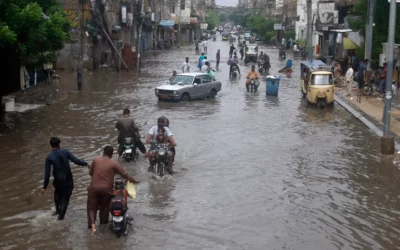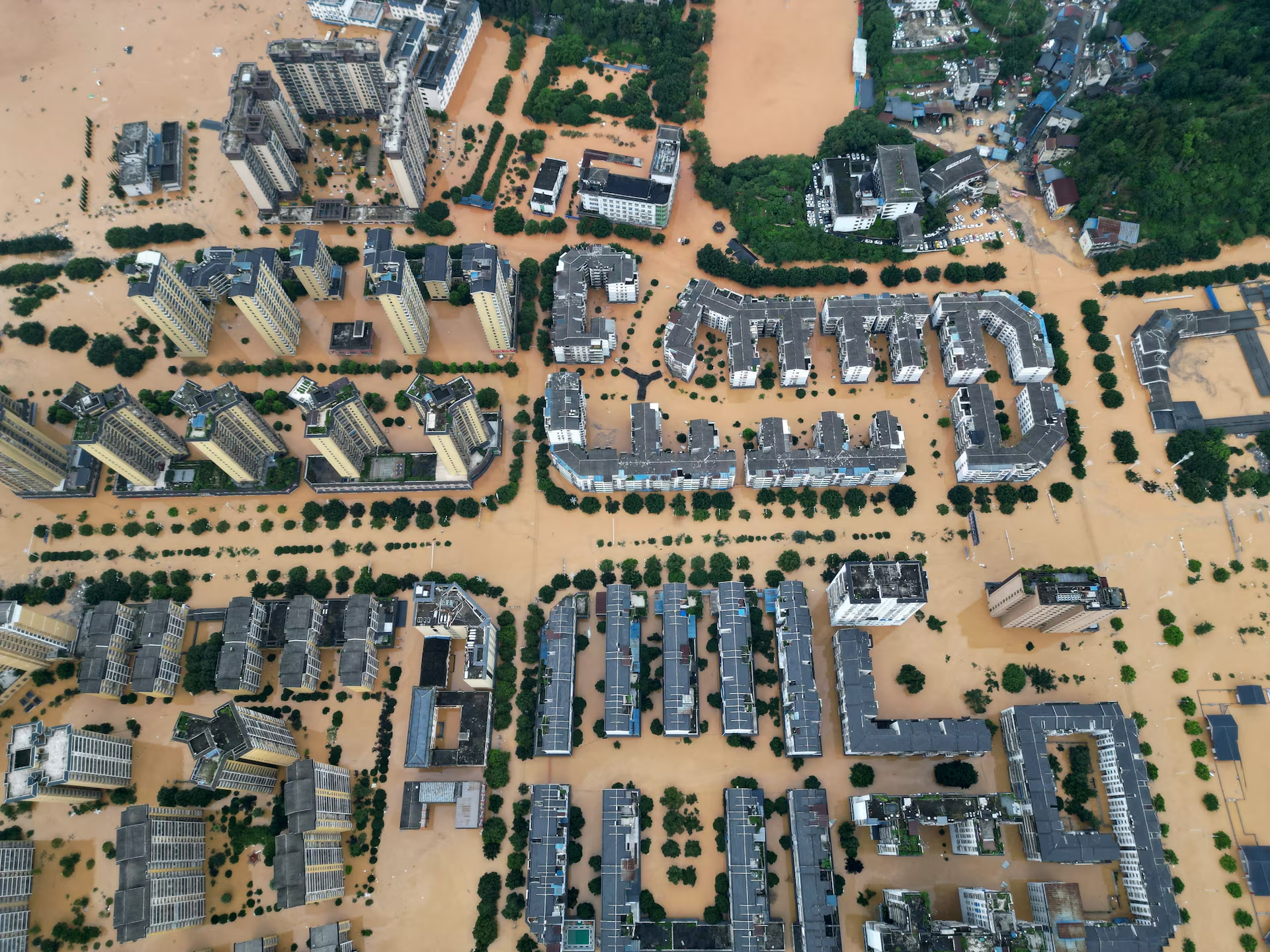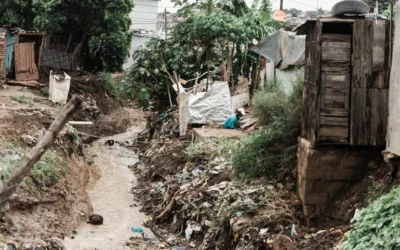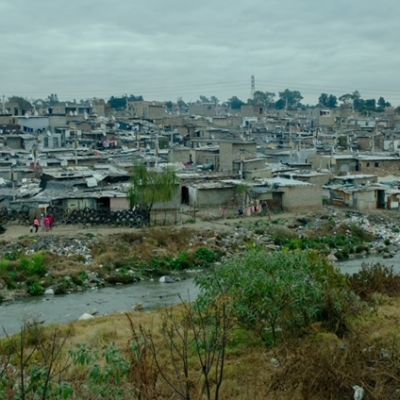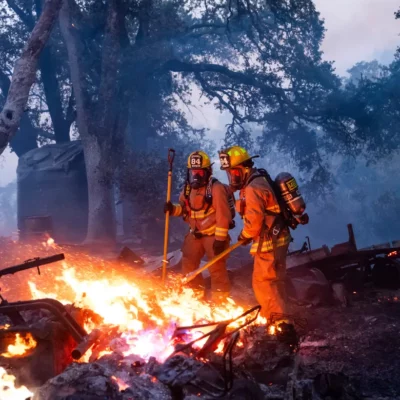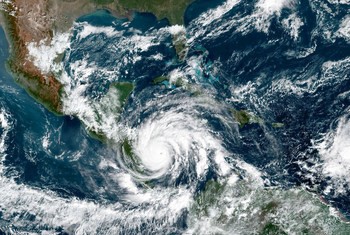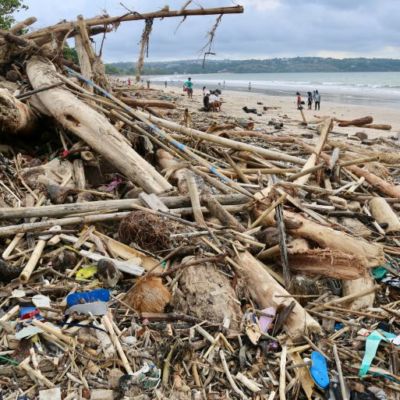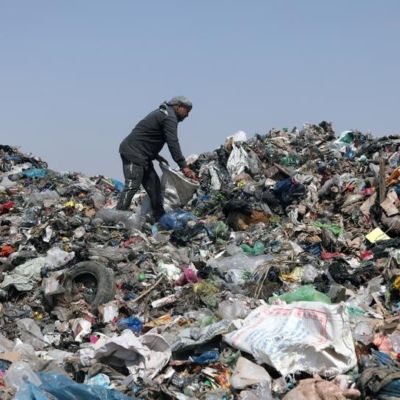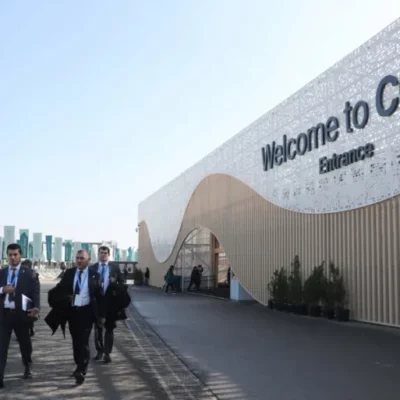Can the UK succeed in containing plastic pollution?
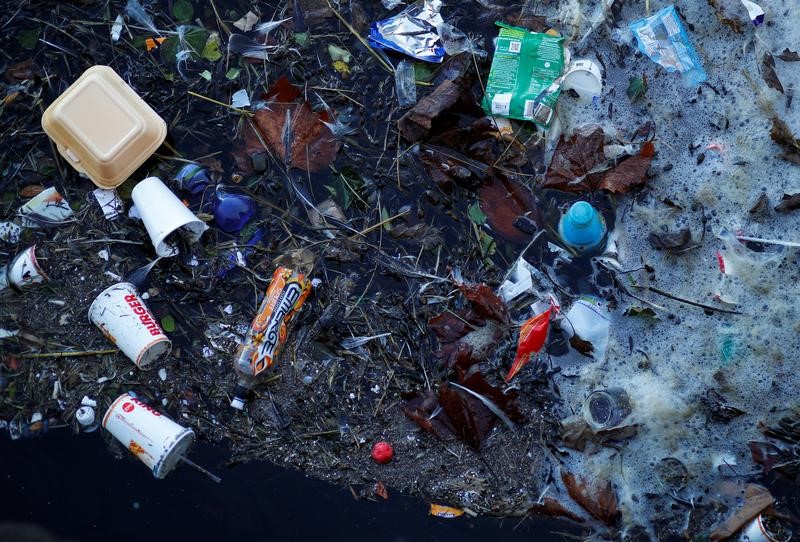
Plastic pollution can be harmful to wildlife and human well-being/Reuters.
“I hope today’s IPCC report will be a wake-up call for the world to take action now before we meet in Glasgow in November for the critical COP26 summit,” said Boris Johnson on Monday.
“There is extensive evidence that entanglement in, or ingestion of, plastics can cause injury and death to a wide range of marine organisms, including commercially important fish and shellfish,” wrote Professor Richard C. Thompson in 2017.
He also wrote, “Plastic pollution can be harmful to wildlife, human well-being and to the economy in the UK, its Overseas Territories (OTs) and internationally.”
In the first United Kingdom of Great Britain and Northern Ireland nationwide plastic ocean survey, environmental research organisations are sailing all around UK waters from Shetland to the Isles of Scilly and the country’s busiest ports to collect comprehensive data on the scale of plastic pollution in its seas.
Supported by the Environmental Agency, the journey is set to conclude on Tuesday when the crew will present its findings in London.
The 13-week voyage brings together a team of renowned environmentalists, researchers, and a crew of young scientists to circumnavigate the UK.
“It is clear that plastic debris, including microplastics, now contaminate habitats from shallow water to the deep sea and from the poles to the equator. It is present on shorelines, in the water column, in sediments, and in organisms.” Barnes et al. 2009; Law & Thompson 2014; GESAMP 2016.
Reuters said in a special report “Already since 1950, the world has created 6.3 billion tons of plastic waste, 91% of which has never been recycled, according to a 2017 study published in the journal Science.”
Aljazeera/Reuters/Future of the Sea: Plastic Pollution by Richard C. Thompson.



